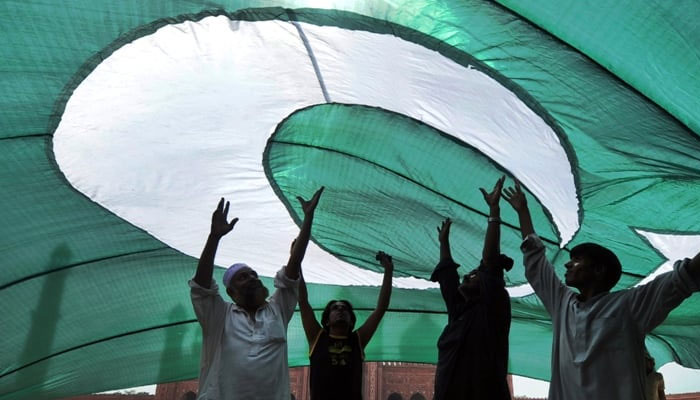There was a time when global politics revolved around oil. Later, it shifted toward gas, and at times, even gold defined the direction of world powers. But today, the 21st century is witnessing a new race — the race for rare earth minerals.
These are not ordinary stones buried in the ground; they are the invisible backbone of modern civilization. Without them, there can be no nuclear technology, no advanced weapons, no smartphones, no wind turbines, and certainly no electric cars.
China today dominates global production. Yet, when Beijing imposed restrictions on exports, the tremors were felt all the way to Washington and Brussels. Industry giants panicked. Supply chains stumbled. That is when a surprising new name emerged on the global radar — Pakistan.
Why Pakistan, and Why Now?
Recent geological surveys in Gilgit-Baltistan and Pakistan’s northern highlands have revealed something extraordinary: some of the world’s most significant rare earth reserves lie beneath our soil. Preliminary estimates suggest deposits of at least 50 million tons. If tapped wisely, this could transform Pakistan into a true game-changer in the global economy.
This isn’t speculation. This is hard evidence that Pakistan, once dismissed as a “consumer state,” now holds the keys to tomorrow’s industries.
The Treasure List
There are 17 primary rare earth elements — including Neodymium, Dysprosium, Europium, and Terbium — but the treasure chest doesn’t end there. Together with minerals like Monazite, Bastnäsite, Zircon, and Rutile, they make up a list of 34 critical minerals that Pakistan possesses.
Each of these is a building block of modern technology:
- Neodymium & Dysprosium — essential for high-strength magnets used in electric vehicles and wind turbines.
- Europium & Terbium — vital for the color and brightness of LED screens, smartphones, and TVs.
- Samarium & Gadolinium — critical for nuclear reactors and defense technologies.
- Bastnäsite & Monazite — key sources for extracting rare earths at scale.
Strip these out of the supply chain, and the modern world comes to a grinding halt.
America, China… and Pakistan
China has already proven how powerful rare earth dominance can be. By tightening supply, it showed the West that the global industrial wheel can be slowed — or even stopped. This explains why the United States and Europe are desperately scouting for alternatives.
And that’s where Pakistan enters the story.
The valleys of Gilgit-Baltistan, once known mainly as a tourist paradise, could soon become the new battleground of global investment and geopolitics. The eyes of the world are shifting from our mountains’ beauty to the treasure lying beneath them.
The Real Question: Can We Handle It?
Having rare earth minerals is one thing. Benefiting from them is another. Pakistan’s soil is rich, but can its governance rise to the occasion? Can we build industries, attract responsible investment, and ensure that this wealth transforms into schools, hospitals, and jobs for our people?
Or will this treasure, like so many before, be swallowed by corruption, incompetence, and the endless cycle of mismanagement?
This is not just geology; it is a test of national character.
The Trump Example
When leaders like Donald Trump suddenly shout “I Love Pakistan,” let’s not fool ourselves into believing it is affection for our people. This is not about our culture, our resilience, or our hospitality. This is about our earthly wealth — the minerals under our feet that the world now desperately needs.
A Nation at the Crossroads
Pakistan no longer holds oil and gas as its bargaining chips. It now sits on the minerals upon which future wars, industries, and economies will be built.
The crossroads are clear:
Either we become indispensable to the world and use this blessing to uplift our people,
Or we once again lay our treasures at the feet of others and remain a nation of missed opportunities.
The choice is ours.


Comments are closed, but trackbacks and pingbacks are open.